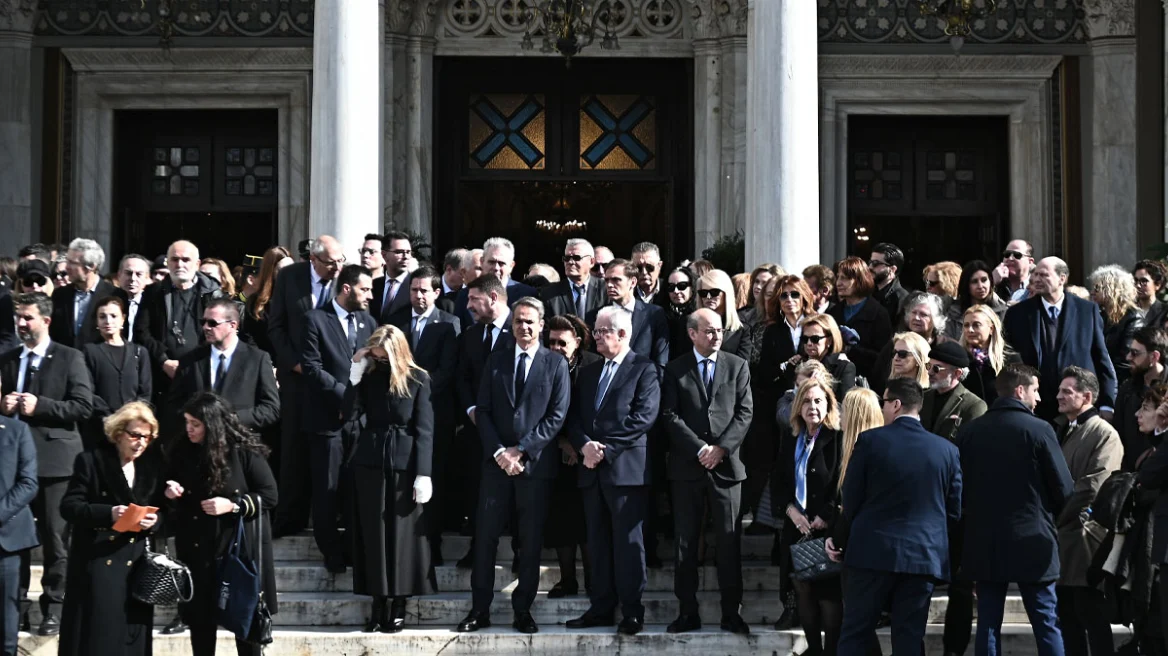The handling of the issue illegal immigration by the President of the United States, Donald Trump, was discussed by the Minister of Immigration and Asylum Nikos Panagiotopoulos.
“The issue is very high on the agenda not only of President Trump, but on the global agenda I would say. We know that America’s stance under the new administration will harden. There will be an issue of immediate return of illegal immigrants. But it’s not that simple. I’ve always argued and the administration pretty much supports it that all of this has to be done on the basis not of unilateral action but of agreements where possible. It has been on the table in the European Union as well. It will be discussed within days in the first inter-ministerial ministers of my responsibility under the Polish presidency the issue of returns to third countries, returns for whom the asylum application has been rejected and therefore have no reason to stay in the countries of the European Union”, said Panagiotopoulos.
Panagiotopoulos said he believes that with the discussion that is now starting the European Union will change its attitude and try to identify and deal with these kinds of cases. “In what sense? That those who have been rejected as asylum seekers should somehow be identified and returned.”
“I have spoken of a gradual transformation of immigration. Where once it was primarily a humanitarian issue, I have the impression that it is now evolving into primarily a security issue. Migration is becoming a security issue first and foremost, and so countries that are under pressure from migratory flows are repositioning themselves by putting the issue of security, external border security, internal security first. This inevitably leads to some tendencies for policy change: Stricter policies on returns, stricter policies on asylum, for those whose asylum application has been rejected. And this, I would say, is coming to the center of the European debate. Since we are a Member State of the European Union, whatever we decide, we have to decide together. The European Commission sets the tone, accepts suggestions from member states, but beyond that, I think that one country doing something unilaterally, imposing a solution unilaterally, will not solve the problem.”
“I say that in the context of the European Pact on Migration and Asylum, which has been negotiated for years by European countries until they come to the final version, which is currently in the final drafting phase and is expected to be implemented in 2026, we will also be able to incorporate the significant shift in policy towards stricter because there is a widespread feeling that European societies, like American society, are demanding it to some extent at the moment,” he noted. Panagiotopoulos.
Ask me anything
Explore related questions





